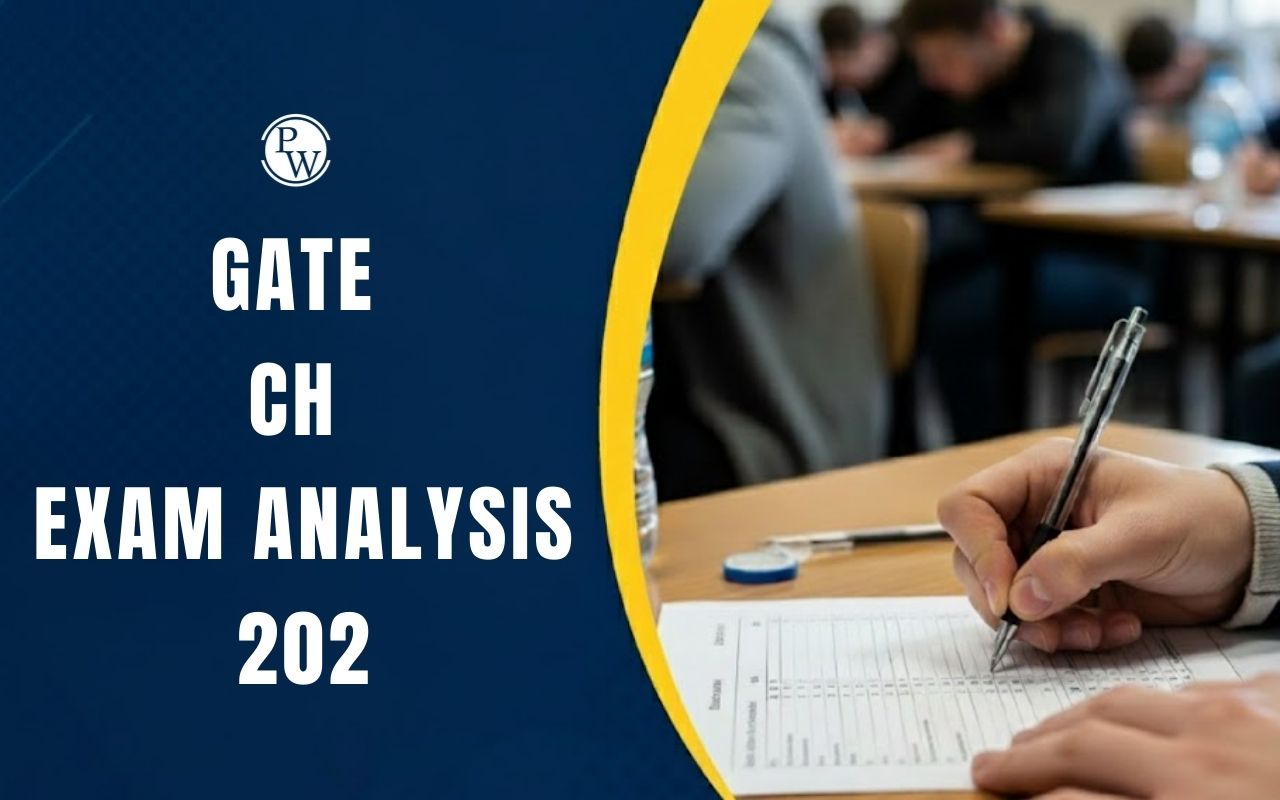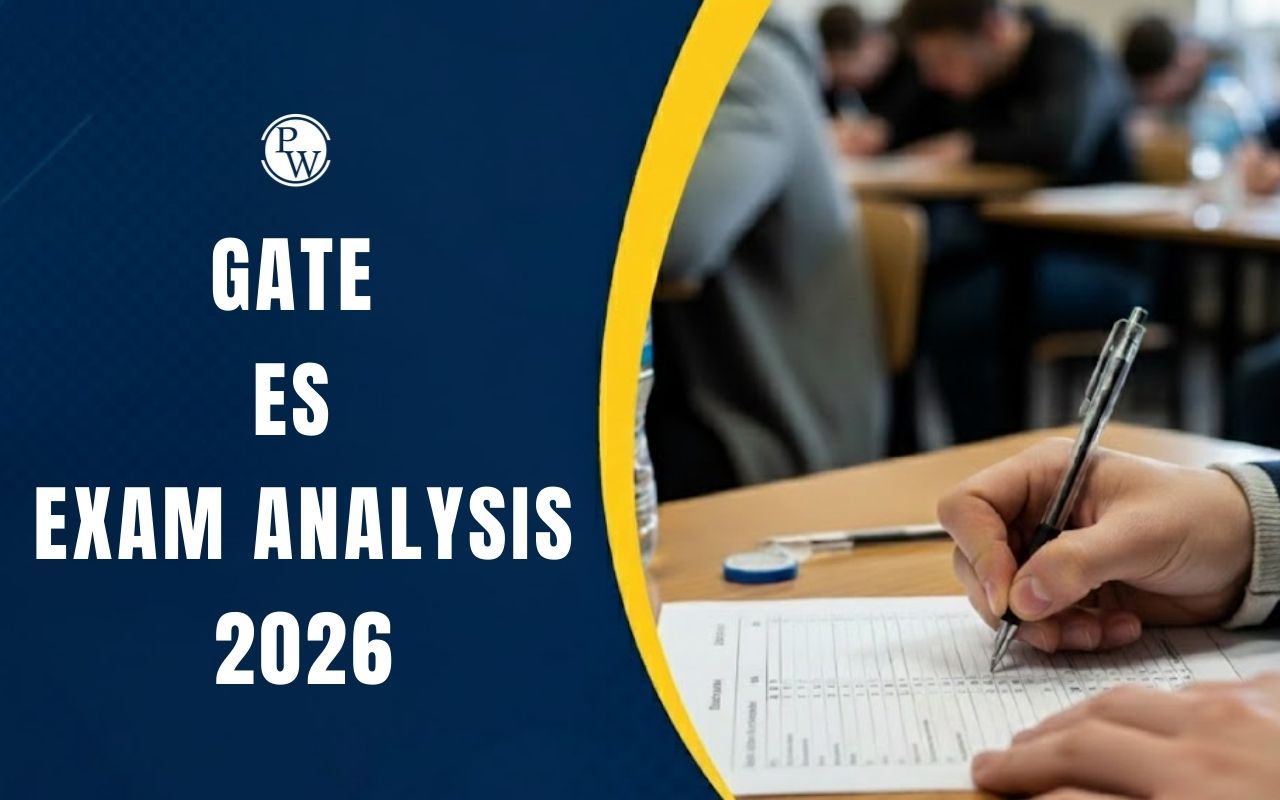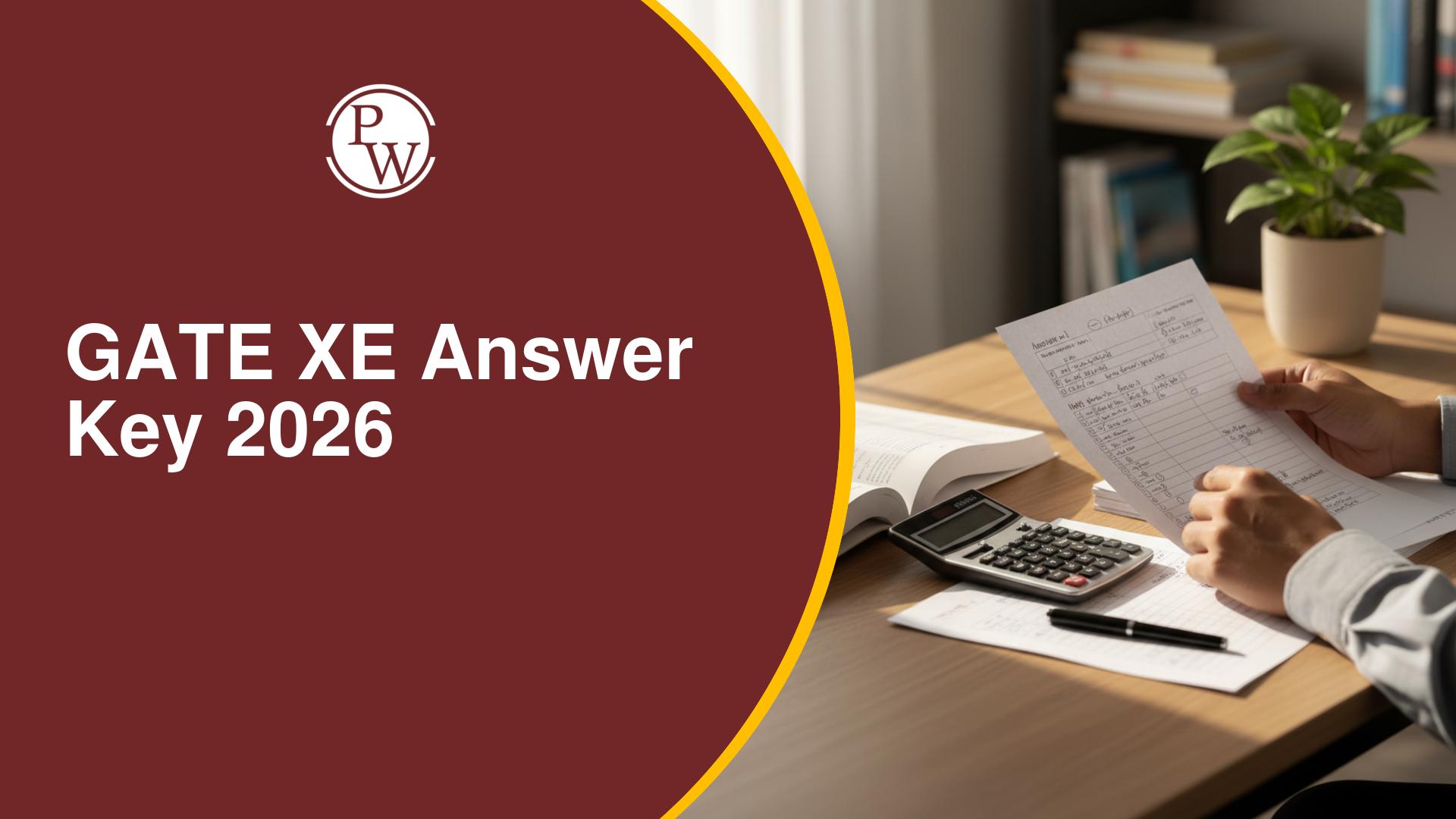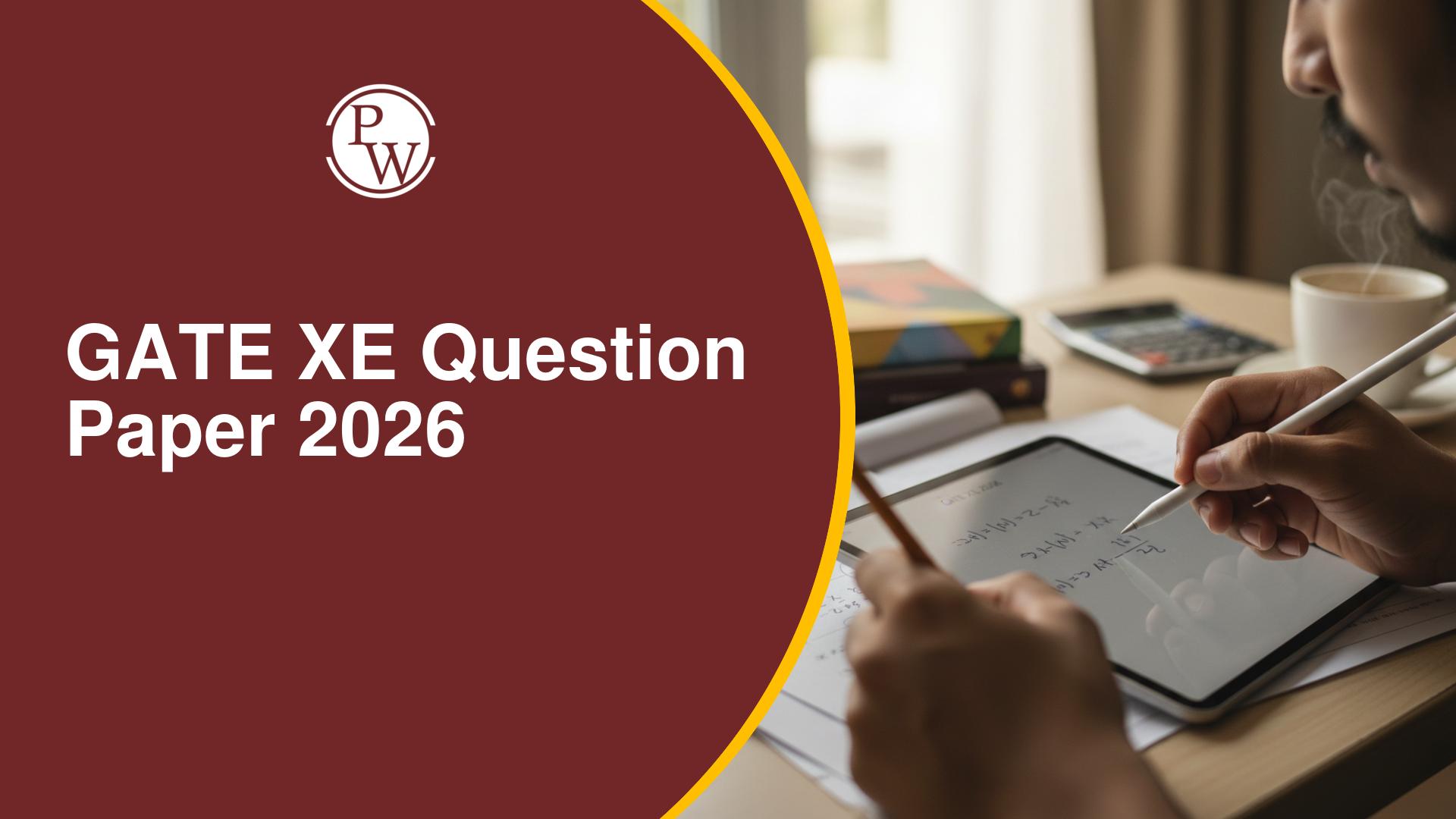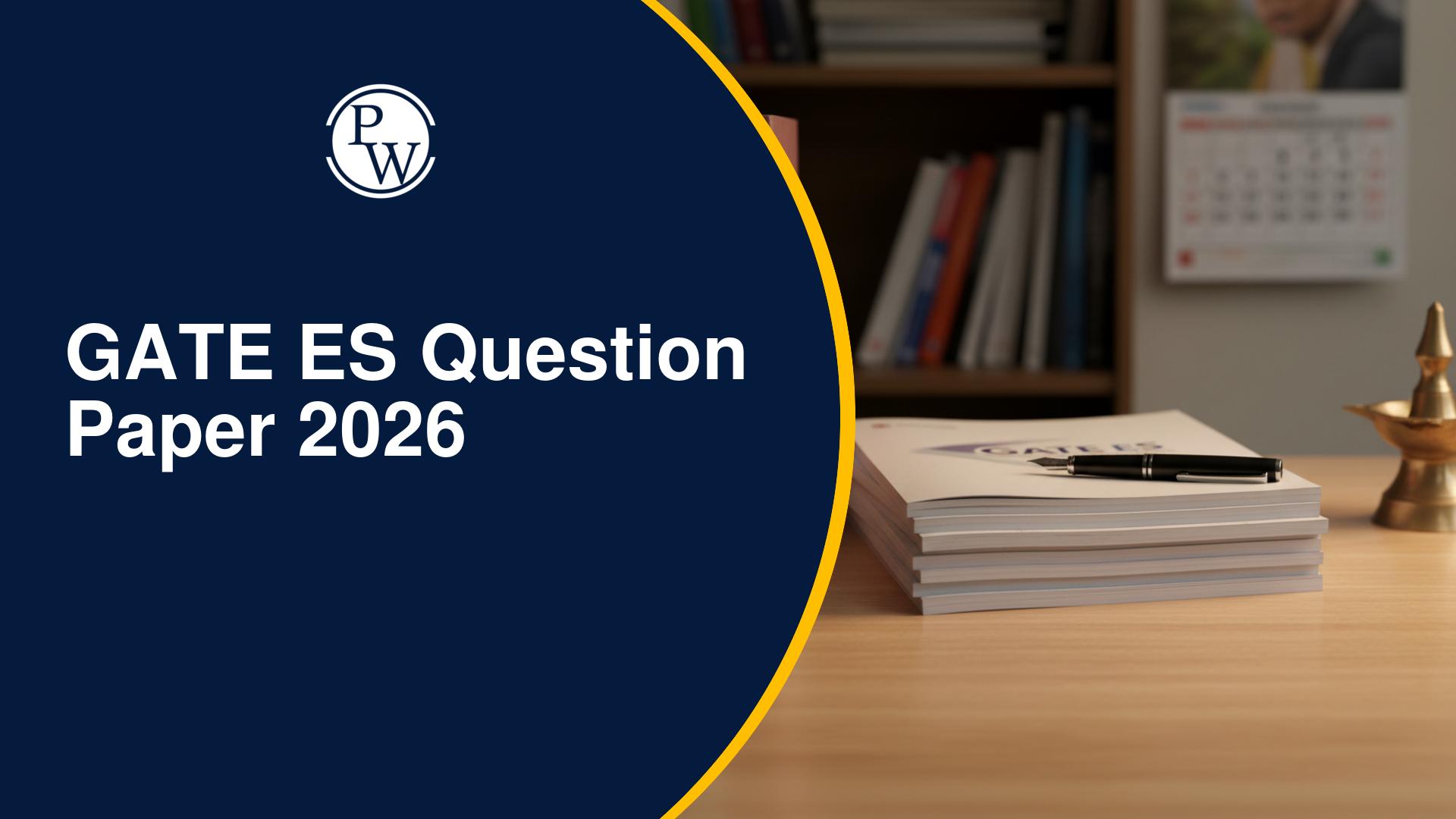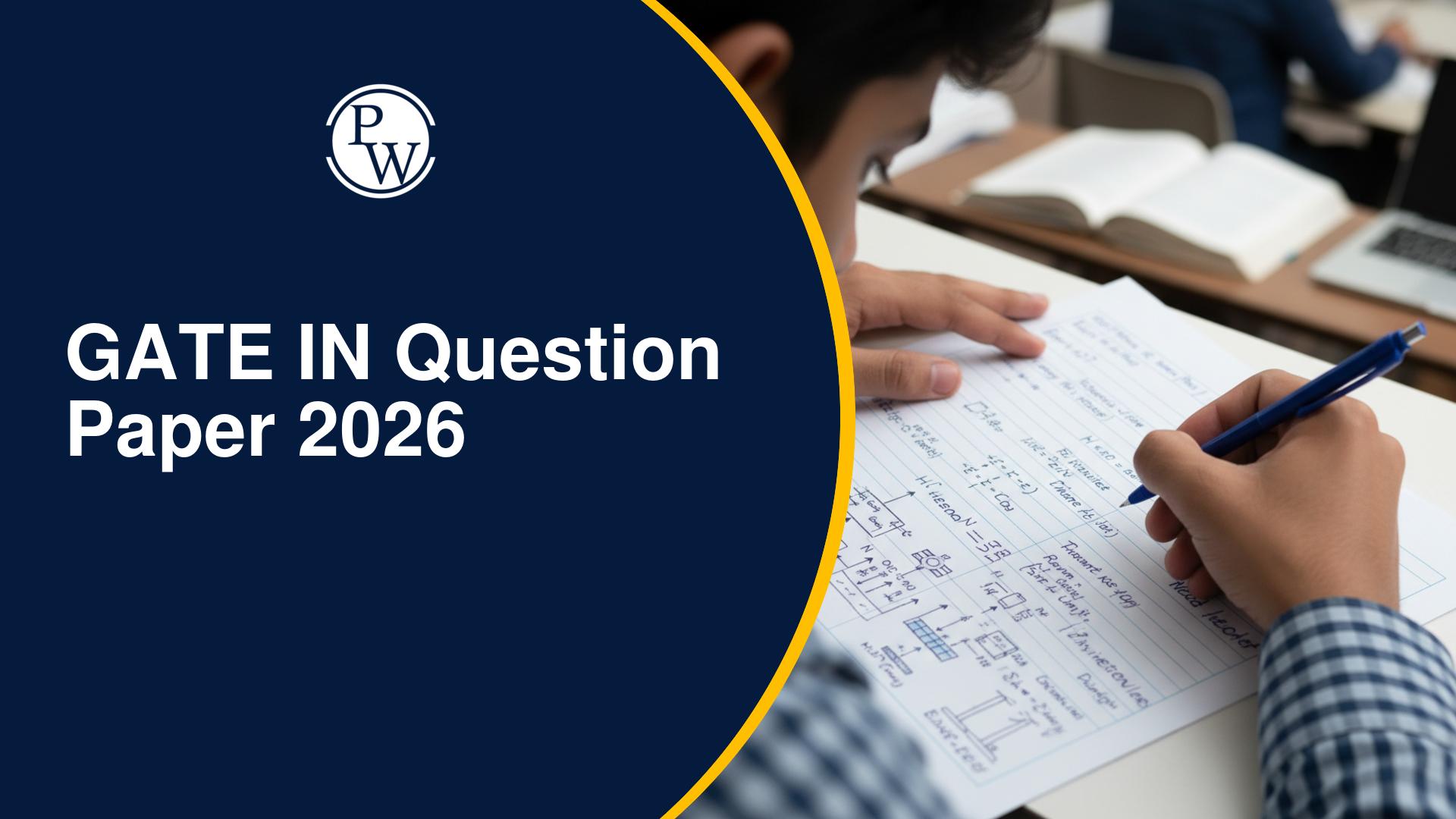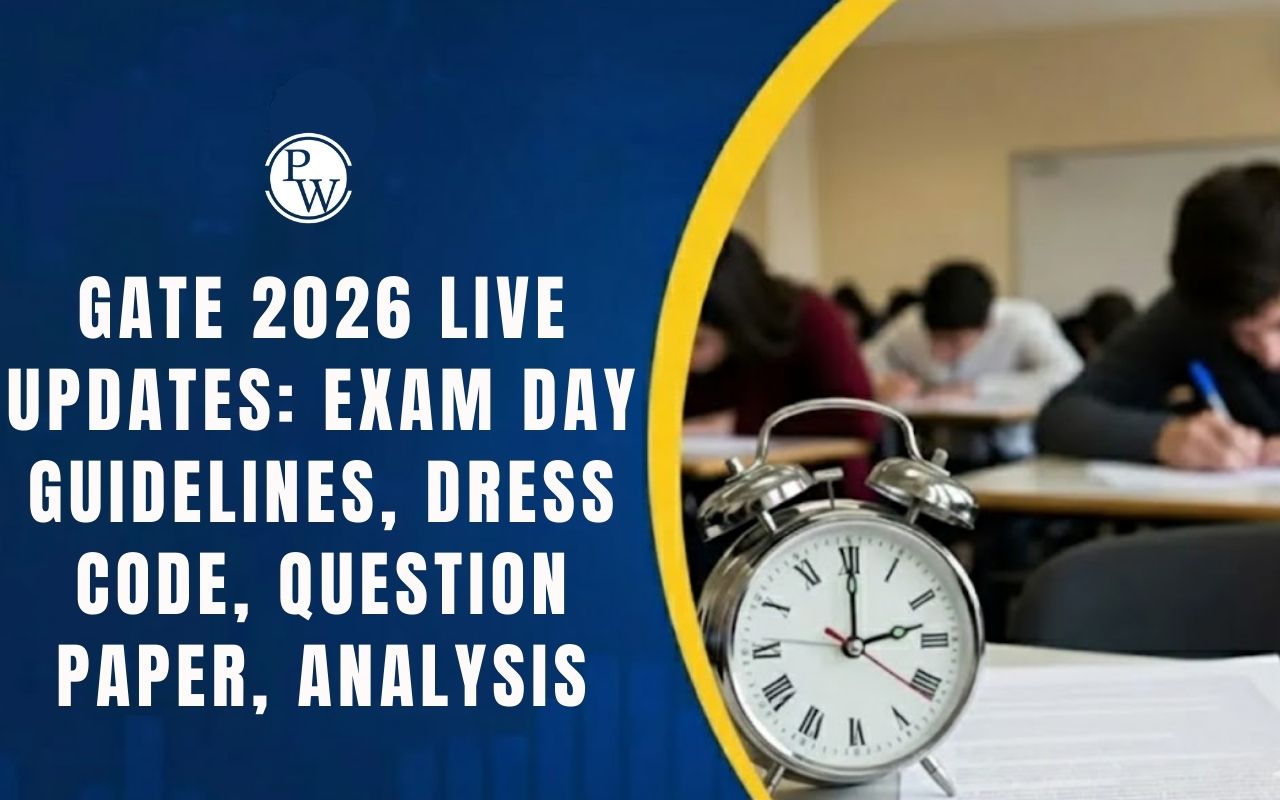
GATE Exam Subjects 2026: The GATE 2026 exam for the upcoming academic year will be held in February, 2026 (tentative), for 30 different branches. The Data Science and Artificial Intelligence (DA) is a newly added paper in GATE 2024. Candidates who wishes to get success in the GATE 2026 with a top score must be well familiar with the subjects included for the particular paper.
The GATE exam includes a wide range of subjects from the core discipline to analyze the comprehensive knowledge of aspirants in the core specialization. Alongside, the technical subjects, the exam also comprise Engineering Mathematics and General Aptitude subjects. In this article, you can find the list of GATE 2026 Subjects for all the branches.
GATE Exam Subjects 2026 List
Aspirants preparing for the GATE examination must be thoroughly aware of their respective GATE Exam Subjects 2026 codes to avoid any confusion in the future.Hence, check out the below-outlined table showing the 30 major GATE 2026 subjects or papers included in the Graduate Aptitude Test in Engineering, in addition to their respective paper codes:
|
GATE Exam Subjects 2026 List |
||
| Sl. No. | GATE Test Paper Name | GATE Test Paper Code |
| 1 | Aerospace Engineering | AE |
| 2 | Agricultural Engineering | AG |
| 3 | Architecture and Planning | AR |
| 4 | Biomedical Engineering | BM |
| 5 | Biotechnology | BT |
| 6 | Chemical Engineering | CH |
| 7 | Civil Engineering | CE |
| 8 | Computer Science and Information Technology | CS |
| 9 | Chemistry | CY |
| 10 | Electronics and Communication Engineering | EC |
| 11 | Electrical Engineering | EE |
| 12 | Environmental Science and Engineering | ES |
| 13 | Ecology and Evolution | EY |
| 14 | Geology and Geophysics | GG |
| 15 | Instrumentation Engineering | IN |
| 16 | Mathematics | MA |
| 17 | Mechanical Engineering | ME |
| 18 | Mining Engineering | MN |
| 19 | Metallurgical Engineering | MT |
| 20 | Naval Architecture and Marine Engineering | NM |
| 21 | Petroleum Engineering | PE |
| 22 | Physics | PH |
| 23 | Production and Industrial Engineering | PI |
| 24 | Statistics | ST |
| 25 | Textile Engineering and Fibre Science | TF |
| 26 | Engineering Sciences | XE |
| 27 | Life Sciences | XL |
| 28 | Humanities and Social Sciences | XH |
| 29 | Geomatics Engineering | GE |
| 30 | Data Science and Artificial Intelligence (New Subject) | DA |
In addition to the subject names and codes, being fully aware of the GATE 2026 Syllabus is also crucial for success.
GATE Exam Subjects 2026 for XH, XL, and XE with Paper Codes
GATE Exam Subjects 2026 like Engineering Sciences (XE), Humanities and Social Sciences (XH), and Life Sciences (XL) have their own particular sub-papers, which are generally optional in nature.Find out the GATE Exam Subjects 2026 codes for the following papers below.
|
GATE Exam Subjects 2026 Codes for XE, XL, and XH |
|
| Paper Name | Codes |
| XE Paper Sections: Engineering Mathematics (Compulsory) | A |
| Any two optional sections (2x35 = 70 marks) | |
| Fluid Mechanics | B |
| Materials Science | C |
| Solid Mechanics | D |
| Thermodynamics | E |
| Polymer Science and Engineering | F |
| Food Technology | G |
| Atmospheric and Oceanic Sciences | H |
| XH Paper Sections: Reasoning and Comprehension (Compulsory worth 25 marks) | B1 |
|
Any ONE optional section carrying 60 marks |
|
| Economics | C1 |
| English | C2 |
| Linguistics | C3 |
| Philosophy | C4 |
| Psychology | C5 |
| Sociology | C6 |
| XL Paper Sections: Chemistry (Compulsory) (25 marks) | P |
|
Any TWO optional sections (2x30 = 60 marks) |
|
| Biochemistry | Q |
| Botany | R |
| Microbiology | S |
| Zoology | T |
| Food Technology | U |
While applying for the GATE 2026 exam, aspirants should select the test paper relevant to their engineering streams. However, they can choose one or two papers according to their postgraduation preference or job goals by the GATE 2026 eligibility criteria. It is worth remembering that if multiple applications for a test paper are submitted, only one will be taken into account, with no application fee refund for the remaining.
GATE 2026 Paper Combinations
Applicants who desire to take two GATE 2026 test papers must choose a primary paper and a secondary paper. They can select from the following GATE 2026 subject combinations. The second paper fee will be refunded if some combinations are later withdrawn owing to scheduling concerns.
If new two-paper combinations are introduced subsequently, applicants can pay the needed fee to add a test paper. Furthermore, it is vital to remember that the second paper's examination center may differ from the first, but it will be in the same city.
|
GATE 2026 Two-test Paper Combinations |
|
| Primary Paper Code | Codes of Papers Allowed as the Secondary Paper |
| AE (Aerospace Engineering) |
|
| AG (Agricultural Engineering) |
|
| AR (Architecture and Planning) |
|
| BM (Biomedical Engineering) |
|
| BT (Biotechnology) |
|
| CE (Civil Engineering) |
|
| CH (Chemical Engineering) |
|
| CS (Computer Science and Information Technology) |
|
| CY (Chemistry) |
|
| DA (Data Science and Artificial Intelligence) |
|
| EC (Electronics and Communication Engineering) |
|
| EE (Electrical Engineering) |
|
| ES (Environmental Science and Engineering) |
|
| EY (Ecology and Evolution) |
|
| GE (Geomatics Engineering) |
|
| GG (Geology and Geophysics) |
|
| IN (Instrumentation Engineering) |
|
| MA (Mathematics) |
|
| ME (Mechanical Engineering) |
|
| MT (Metallurgical Engineering) |
|
| NM (Naval Architecture and Marine Engineering) |
|
| PE (Petroleum Engineering) |
|
| PH (Physics) |
|
| PI (Production and Industrial Engineering) |
|
| ST (Statistics) |
|
| XE (Engineering Sciences ) |
|
| XH (Humanities and Social Sciences) |
|
| XL (Life Sciences) |
|
GATE Exam Subjects 2025 Complete List FAQs
Q. How many GATE 2026 exam papers can I appear for?
Q. What GATE 2026 paper combinations can be selected with the Data Science and AI paper?
Q. When will the GATE 2026 exam take place?
Q. How many GATE 2026 subjects are there in total?
Q. What are the new additions to the GATE Exam Subjects 2026 list?

